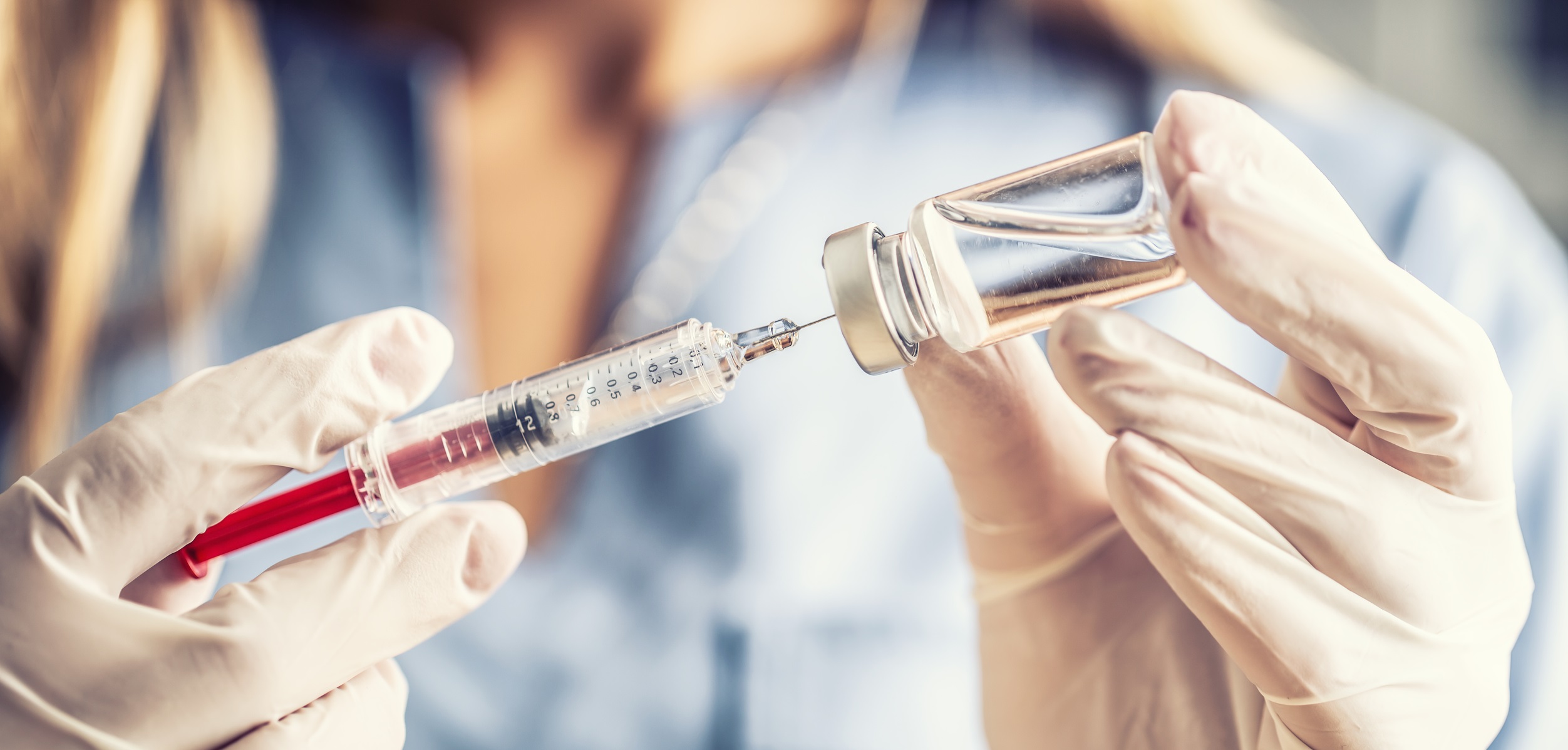Cabinet has agreed to move Waikato to alert level 2 from midnight tomorrow - and the rollout of booster vaccination shots will start from November 29.
Prime Minister Jacinda Ardern made the announcements this afternoon, after Cabinet met to discuss the country's Covid response.
She also said there was a strong view from the Ministry of Health to move to the new Covid protection framework "earlier" than previously outlined, and the Government was seeking expert views on this.
A decision will still be made on November 29 about introducing the new framework, Ardern said.
An announcement on Auckland's border will be made on Wednesday.
Ardern said she would announce when the boundary will change, and provide more detail about expectations for the rest of the country.
Ardern said contact tracing would soon be the way to deal with cases, instead of lockdowns.
Ardern said some people had put to the Government the idea of "reverse boundaries", such as putting boundaries in other regions outside Auckland, but she said this would be much more difficult.
Booster shot rollout
Anyone aged 18 and over who got vaccinated more than six months ago will be eligible for a booster shot from November 29.
Bookings for booster shots will open on November 26.
Ardern said it was a "belts and braces approach" and that boosters topped up immunity back to above the 90 percent mark.

Booster shots would be available at vaccination clinics, pharmacies and GPs, and could also be booked through the online Book My Vaccine website.
The first vaccinations in New Zealand were given nine months ago, in February, to border and MIQ workers, health workers and the elderly and immuno-suppressed.
"You don't need to rush to get this done," Ardern said.
Pfizer protection ranges from 85 to 90 percent, she said.
She said the country had enough vaccination supply to cover children being vaccinated and people receiving booster shots.
There were now 144,000 people who had been vaccinated for six months or more and 455,847 would hit that mark by the end of the year.
Many healthcare and border workers would be among that group because most had their first vaccinations more than six months ago.
Efforts would also be made to ensure older people, who were also vaccinated early under the vaccine rollout, had good access to the boosters, but they would not be rationed.
Vaccinologist Helen Petousis-Harris welcomed the rollout of booster vaccination shots, saying it was "completing" the course.
"What the boosters do is enhance on that second dose so you end up with a better immunity than you did at your peak after that second dose."
She said the elderly and people with compromised immune systems would benefit from a booster shot.
As boosters will be given to people six months after their second dose, Petousis-Harris said this would help those on the frontline as they were in the first group to get vaccinated earlier this year.
While questions have been raised around if Māori and Pasifika should be prioritised for booster shots, Petousis-Harris said many in these communities had only recently been vaccinated.
"A lot of them won't be eligible to get a booster [until later] because we didn't really go out to the wider population until June."
Public health professor Nick Wilson praised the government for moving so quickly on the rollout of booster vaccination shots.
"The booster is likely to be very worthwhile," he said.
Waikato alert-level change
Ardern said today's decision about the Waikato was a "temporary one".
She said the Government was "very keen" to move into the new Covid-19 framework.
"In some ways, the Covid-19 protection framework provides more safety ... than alert level 2," Ardern said.
She said social distancing and masks remained paramount in the area.
Waikato has the second-highest rate of testing in the country and the area is about 3000 doses shy of reaching 90 percent fully vaccinated.
Ardern said the decision to move Waikato to alert level 2 restrictions was based on advice from the public health team on the ground, saying it was safe to do so because cases are linked and not unexpected.
Director-general of health Dr Ashley Bloomfield said the Ministry of Health team was clear last week that it was appropriate for Waikato to move down a level, and they felt it was "more simple and more consistent with the rest of the country" to move to alert level 2.
Bloomfield said cases can be isolated and identified and are not "widespread".
On Auckland, schools and vaccine mandates
Bloomfield said vaccination played two important roles - reducing infection and the likelihood to get "very unwell and die", and testing couldn't do those things.
When asked about her trip to Auckland last week, Ardern said she would look to have formal talks with the hospitality sector on future visits.
Ardern said work was under way to make sure people who don't have New Zealand forms of ID can sign up to the vaccine passport online. Officials would need to ensure there are those provisions, she said.
She said people could already go on the website to set up their health record, and a number of people have already started doing that.
Bloomfield said more than 30 people were at a gathering in the Wairarapa that an infected person attended, but many of them had been tested and vaccinated.
Ardern said she "strongly" agreed with the view that the new Covid protection framework was "better suited" for a vaccinated environment and the country can move into it "perhaps sooner than expected".
She said it was clear moving into the new Covid-19 framework sooner would be the best protection as cases begin to pop up outside of Auckland.












